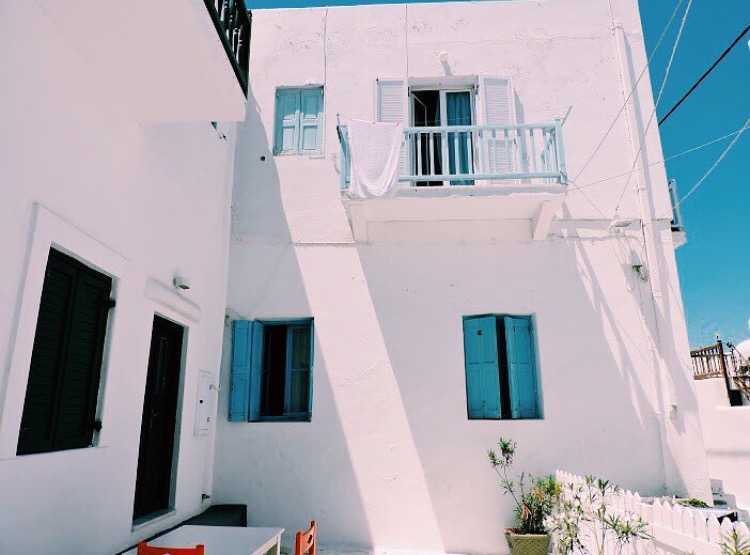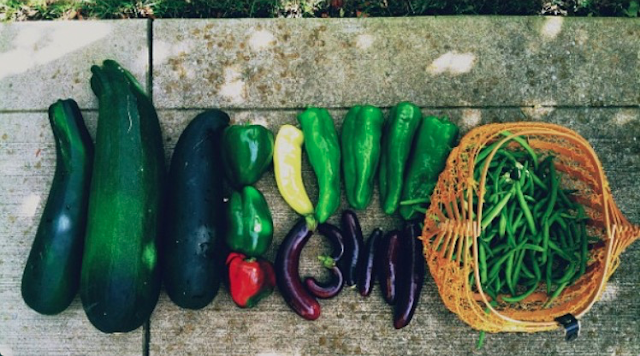Breaking barriers one bite at a time
According to Google dictionary, pride is 4 things:
- being proud of a skill
- an excessively high opinion of oneself
- a person or thing that is the source of a deep pleasure or satisfaction
- a group of lions . . .
I like the last definition the most.
Lions of our souls
I think pride has dual meanings:
- There is pride that equates to spirit, joy, pleasure, and satisfaction.
- Then there is selfish and arrogant pride. This literal "lion pride" can figuratively represent the powerful and seemingly dangerous social circles we cling to. We prowl in our group of like-minded individuals, baring our teeth at anything that challenges us or deters us from our carefully constructed comfort zones. As ferocious lions with the support of our pride, we have the power to guard our pride or to tear apart others outside of our 'kind.'
What do we choose?
Often, the lions of our souls cling to familiarity. They feasts on a sense of belonging and acceptance.
Raised by Greek and Italian descendants I have seen how pride plays a role in my family. To us, pride is strength. It is dances we dance, songs we sing, and food we eat. This is the spirited, joyful, pleasurable pride. The kind that forces you to hold on to tradition.
But is this familial pride the most important? What does our origin actually dictate?
Last summer, I traveled to Greece for the first time. As I sat in a kafenio (cafe) in Santorini, I observed the groups of old men and women conversing mid-day at the outdoor tables. The table cloth embroidered with the Greek key screamed Greece even to the least cultured individuals. Blue and white masked everything around me. A Greek flag blew in the wind next to the small cafe sign painted...you guessed it...blue and white.
Granted, this patriotism is embellished for tourism, but I saw this even when I visited less commercialized islands like Xios and Naxos. The energy was overwhelming and it consumed me, in a positive way. I traveled to Greece for this reason. I wanted to explore the tradition, to have a deeper sense of belonging, and to understand more about who I am as a Greek-American. And of course to experience the views and one-of-a-kind food.
These local kafenio-goers mindlessly ordered their regular items. For me, everything I tried was new and I felt enlightened because of it. I connected to the strangers of these islands as I asked for their recipes, took pictures, and relished in the delicious combination of fresh flavors to remember the feeling of embracing the new and releasing my prideful assumptions.
Dining on octopus in Santorini
Where do we place our identity?
Our sense of pride stems from our desire to place our identity in something worthwhile. Something that gives us community and belonging, which are natural human desires. This is shaped by history through trials and triumphs and simply because 'your people' just get you. They understand you in an unspoken kind of way that provides security.
Is this how we are designed to experience others and the world in 21st century America? I argue, no.
How can this be harmful?
We see this today in terror like the Charlottesville, VA attacks. The perpetrators of these events share something in common; they fed the lions of their souls. They let them feast on lies and insecurities as they blindly cling to their prideful views twisted by fear. They believe that if they let these traditions fail they might lose themselves and possibly their identity.
This close-mindedness distorts their perception of reality resulting in destruction, death, and segregation. It is the challenging and sometimes unexpected parts of life that shape our traditions. This is what has historically shaped what we call 'tradition' also. It is a mix of ideas and
By expanding our palate, we open up ourselves to vulnerability in one small way. It is both terrifying and invigorating. Breaking out of our comfort zones for our personal growth and for the sake of others is humbling. It might be in your first bite of seitan vindaloo or lumpia that you open your heart to inclusion, justice, and acceptance. In other words, our identity is not in the groups we revolve in, but it is in the positive virtues of community such as love, support, and trust that it provides.
What is your identity?




Comments
Post a Comment